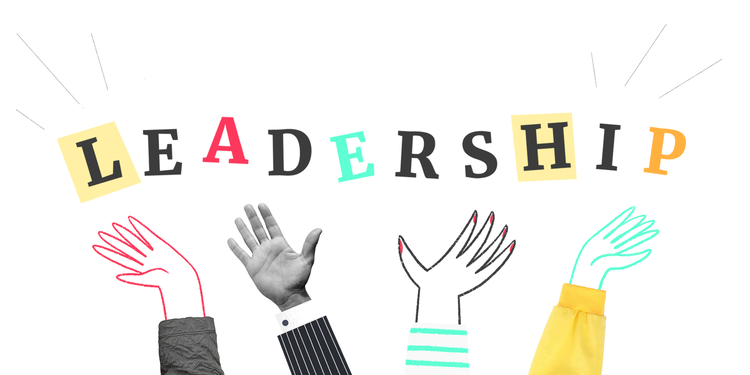Losing self-control
I didn’t know that I was approaching burnout but I felt the muscle of self-control losing strength. It felt like all the fence posts and personal boundaries I had built in as a Jesus’ follower for 43 years became wobbly. Constantly I felt hungry, so I began to consume more food and gained weight. I often had a glass of wine with dinner but found one or two didn’t touch the sides. The TV I watched seemed bland, so I searched for movies that had more action and violence, disregarding its effect on me. Temptations all seemed stronger. Resilience diminished.
Sometimes the problem is not the problem.
I have increased empathy for those who fall morally in the stressful pressure of church leadership. This is not to endorse for a moment or excuse the pain and trauma that is inflicted, particularly on loved ones, when this occurs. However, my journey has shown me that the muscle of self-control is damaged in burnout. In my case, over-eating and consequent weight gain was not the problem but a symptom of a deeper issue. Drinking too much was my attempt to self-medicate my emotional pain.
Another way of saying that I had become emotionally depleted, is to say that my soul was depleted. When this happens our resilience is depleted. In depletion we lose self-management strength. As self-control slides, in embarrassment and guilt we isolate and become less transparent, withdrawing from those who are best positioned to assist. In isolation, the gap between values and actions widens, compounding our shame.
How can you build self-control?
Apart from rest, the thing that helped me build self-control was chatting with a mentor. It was a safe relationship to reflect on the health of key relationships, sustainabilities, and vulnerabilities of life. A mentor is more than just a confidant. He/She is someone who can help you be free and become all that you are created to be and do all that you are made to do. In a good mentoring relationship, you will build self-awareness and discover why you are behaving the way you do. Further, you will learn self-reflection and see not only how your actions are impacting your life but also how they are affecting others. The strength and affirmation within this relationship flow into your soul and empowers you to take action. This strengthens your resilience.
Who do you have that is both safe to talk with and able to help you to be who you are made to be?
Self-control is not just about avoiding excess but is also the ability to make healthy choices. It takes self-control to acton time to replenish when the demands of life deplete. This positive aspect of resilience is vital for our sustainability.
Subscribe to ensure you get the next blog on self-controlled eating.
Continue reading with these articles…
Recent Posts
Categories
- Coaching
- Emotional Health
- Empowering Transformative Action
- Flourish
- Gauges
- Grief
- Grief
- Healthy Emotional Intelligence
- Healthy Lifestyle
- Mature Disciple: foundational competency for mentoring
- Mentoring Excellence
- Professional Supervision
- Reduced Risk
- Replenish
- Resources
- Seasoned Christian Leadership
- Sustainable Life
- Thriving Relationships
- Uncategorized
- Videos
- Vital Spirituality
- Well-Being
- Well-Being Mentoring



